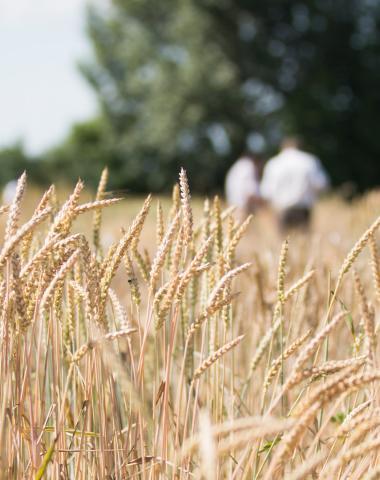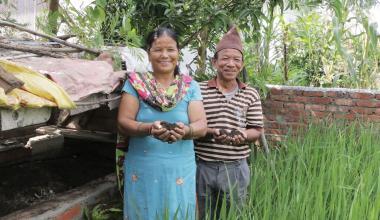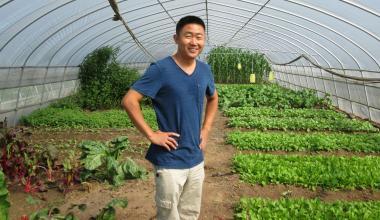For the past few years, hunger has been on the rise again. The absolute number of undernourished people, i.e. those facing chronic food deprivation, has increased to nearly 821 million in 2018, from around 804 million in 2016. This figure represents almost 11% of the global population.
Although it may appear to be a paradox, food insecurity (unreliable access to food) can also contribute to overweight and obesity. Nutritious, fresh foods can often be expensive. In addition, many of the farmers who grow our food are themselves food insecure.
- The food price crises at the start of the century had devastating impacts on the world’s poorest people, deepening their poverty and seriously undermining their right to food. Smallholder farmers and women (60% of the world’s chronically hungry people in 2009), were disproportionately affected.
- “Africa remains the continent with the highest prevalence of undernourishment (PoU), affecting almost 21 percent of the population (more than 256 million people).
- World food security and nutrition is increasingly at risk due to the impact of the climate crisis on food production, including livestock and fisheries.
A shift must be made towards sustainable, nutrition-sensitive agriculture and food systems if we are to provide safe and high-quality food for all, environmental protection and social equity.
Organic agriculture can help achieve food and nutrition security by:
- Improving traditional agricultural yields without forcing producers into dependence on synthetic inputs, thus outputs per area of marginal land increase and stabilise thanks to higher resilience.
- Ensuring resilience to climate change, safeguarding ecosystem services and biodiversity crucial for food and agriculture.
- Alleviating poverty by reducing debt, for example from the purchase of expensive synthetic inputs, and increasing returns on labor invested.
Learn how we work on food and nutrition security as well as sustainable food systems by advocating to governments around the world for the provision of focused support and appropriate policies.
We are also actively involved in multi-stakeholder dialogues with donors and major development agencies to support and help accelerate the uptake of organic agriculture and other agroecological systems as they are crucial to ensuring healthy food for all in the 21st century.
The Committee on Food Security (CFS) is, at the global level, the foremost inclusive and evidence-based international and intergovernmental platform for food security and nutrition (FSN).
IFOAM - Organics International focuses its advocacy efforts on agroecology and nutrition, taking part in relevant negotiations, working groups and in the Civil Society Mechanism (CSM) - the largest international space for civil society organisations (CSOs) working to eradicate food insecurity and malnutrition - and meeting country delegates to gain their support on these issues.
For the organic movement, the most important topic on the CFS agenda is agroecology. In 2019, the High Level Panel of Experts for Food Security and Nutrition (HLPE) launched the report on “Agroecological and Other Innovative Approaches for Sustainable Agriculture and Food Systems that Enhance Food Security and Nutrition”.
As the report concludes, “the global food system is at a crossroads” and “a profound transformation is needed at all scales in the face of demographic changes, increased pressure and competition over renewable resources, increasingly severe consequences of climatic changes and the loss of biodiversity”.



